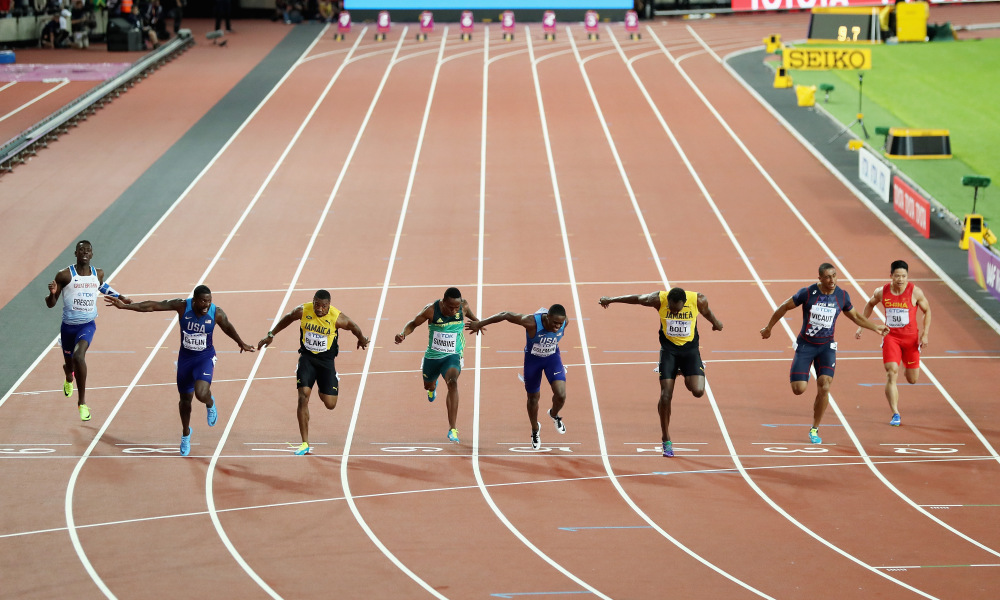No gain without pain has been the motto of the sports and fitness world for a long time. But let’s not deny that aches can become a debilitating and distressing factor in an athlete’s life, impacting their performance and mental state.
The latest CDC data reports that chronic pain affects one in four people in the US, with 24% of people suffering for more than three months. The situation is not very different in other parts of the world.
Athletes are susceptible to pain-related issues due to their risk of injuries and muscle fatigue. Managing them needs a proactive roadmap that does not depend on pharmaceuticals. Functional neurology is an emerging intervention that can provide powerful relief.
Why Athletes Must Consider Alternate Approaches for Pain Management
Modern medical advancements have improved access to pharmaceutical-led pain management. It may even be unavoidable in serious situations demanding hospitalization. However, athletes cannot rely on this approach for long-term support due to potential health repercussions and addiction issues.
Some studies note that many medical professionals avoid prescribing opioids to athletes, with over 86% of prescriptions focusing on nonsteroidal anti-inflammatory agents. Mayo Clinic notes that people suffering from stress or other mental health issues may have a higher risk of addiction.
What’s worse is that even weaning off opioids can be challenging. Some people use a drug called Suboxone to treat opioid dependency. While it is potent, many people have filed a Suboxone lawsuit to complain about its adverse effects on dental health.
Depending on high-strength drugs for pain management can be particularly limiting for athletes as they might interfere with performance. According to TorHoerman Law, people may face side effects during the withdrawal phase or while switching to less potent opioids.
What is Functional Neurology for Pain Relief?
Instead of using medication, this chiropractic approach taps into the natural plasticity of our nervous systems to reduce pain. It encourages your neural pathways to recalibrate and helps your body recover from fatigue.
For athletes, functional neurology can boost recovery and performance on the field. It can work particularly well for sports people because they use many facets of their nervous system regularly. A critical Frontiers study found that this approach improves load tolerance and reduces pain-induced inflammation. It also reduces fatigue perception, which can enhance your overall outlook.
You can follow these three ideas to benefit from functional neurology under the guidance of a professional.
Focus on Balance Training and Coordination
Runners may be prone to injuries in their hips and limbs. Balance evaluations can show any problematic motor patterns contributing to pain. It can help professionals identify coordination issues affecting your regular life and athletic performance.
A Scientific Reports study finds that balance training bettered dynamic postural stability among soccer players. It also improved the muscle activity delay time. The approach may have long-term benefits on ankle issues in athletes, which can otherwise cause significant distress and swelling.
In general, balance-based exercises can be helpful for improved life quality, especially as you get older. The National Institute of Aging recommends simple balancing exercises like a heel-to-toe walk and standing on one foot to improve stability and limit falls.
Perform Eye-Tracking Exercises
This method requires the participant to perform guided eye-tracking exercises. It stimulates your oculomotor reflexes, i.e., checks your sight during head movements. These exercises can help the professional evaluate if you have issues with visual-motor integration.
Recent studies indicate that EMDR or eye movement desensitization and reprocessing therapy can reduce chronic pain. It may also work against depression and stress, or conditions that often coexist with long-term pain.
Further, visual tracking can also help quantify your anguish. For example, your blink and eye movements will differ in various stages of pain. An evaluator can understand this to build a targeted management plan for you.
Engage in Sensory Stimulation
Functional neurology also uses sensory approaches for pain management. The idea is to activate specific sensory pathways to help the body process and mitigate pain.
This method can use various stimuli, from light to sound and vibration therapies. Olfactory procedures have also become popular lately. In particular, rosemary has links to higher levels of acetylcholine, which is crucial for neuroplasticity. The professional will decide which method may work best based on your specific condition and medical history.
Functional neurology is a vibrant field of study for modern-day researchers, and the findings promise to improve the health outlook of future athletes.
For skeptics, believing in alternate approaches to pain management can be daunting. However, it is vital to understand that they have a foundation in pure science and present a much safer alternative to the murky territory of opioids and similar drugs.
Athletes can consult their healthcare teams to experience the benefits of this approach and minimize dependence on medication for managing pain.



